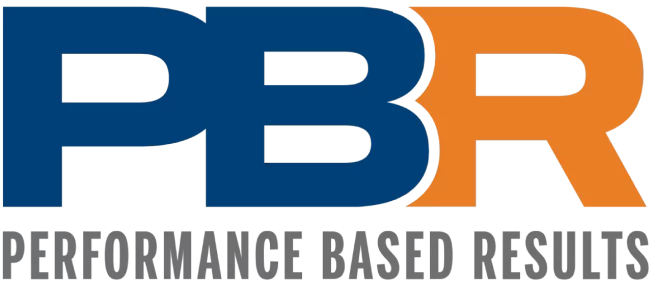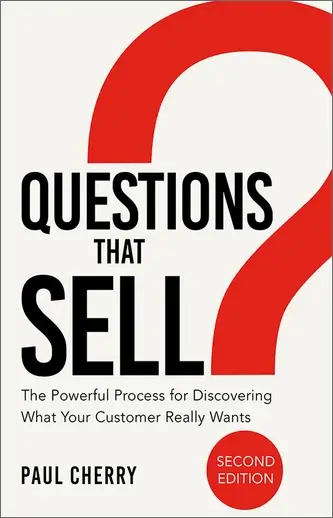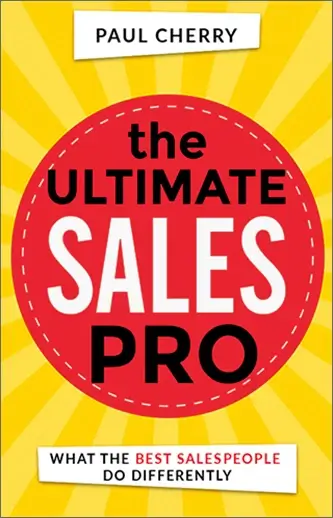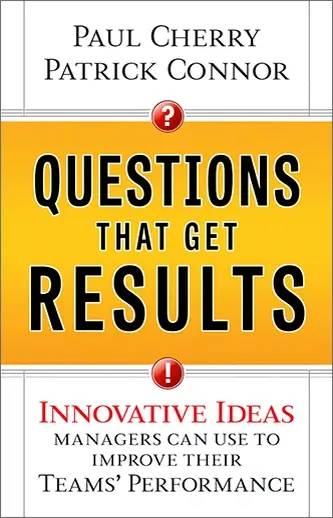You’ve contacted your veteran customer again and again, leaving voicemails and e-mails, even enlisting his assistant’s help—and still not a peep out of your customer. After repeated attempts to rejuvenate an apparently fizzled business relationship, you’re wondering whether it’s worth the effort to keep going until you reach the point of no return. Research indicates that most prospects don’t buy until after the salesperson communicates with them at least five times! But where do you draw the line? When does persistence turn into harassment?
When you’ve tried everything else to reconnect with warm and fuzzy prospects who’ve been interested in you in the past, or customers who haven’t done business with you in a while, the ultimatum tactic can be very effective. It goes something like this:
“Hi, Bob, this is (You) with (Your Company Name). You may recall that you had shared with me…
- …the need to ______ (restate a problem he’d shared with you)…or
- …the goal to ______ (a desire he wanted to bring to fruition)…
…I’ve tried to reach you a number of times and have not yet heard from you. Unless I hear from you in the next ______ days or by ______ (give a deadline), I’ll assume you are no longer interested, and therefore I won’t be calling back. However, if this is still an issue with you, please give me a quick reply and a suitable time when we can talk for five minutes. Thanks.”
Surprisingly, an average of 60% of the time, this type of message will breathe life into the contact when every other attempt at resuscitation and communication has failed—enough life, at least, to galvanize your contact into responding to your message.
MAKE THEM WANT YOU
Why does the ultimatum succeed where everything else fails? The psychology behind this is that contacts don’t want to risk missing out on future opportunities. Now your contact can’t get away with saying to himself, “Oh, it’s that rep from XYZ Company. He’ll call again, so I’ll just go ahead and delete the message.”
The ultimatum takes a situation that’s been in limbo and forces it into action. As a result, the salesperson is communicating to his contact that the company’s resources are valuable, including his time, and unless there is a response, he’ll start refocusing his efforts on more productive, profitable opportunities. The contact may even be thinking, “Oh, no, not on my competition, I hope!”
By now you’re thinking, “But if I give my contact an ultimatum and he decides not to call back, game over!” No, it isn’t. If you truly believe your contact has a lot of potential but you don’t want to close doors, trade your no-callback leads with another sales rep on your team who has similar no-callback leads. Just because you’re not calling your contact back doesn’t mean another sales rep from your firm can’t call him—and vice-versa. Sometimes a fresh face — or new voice — is just the shot of adrenalin the contact needs to make a business relationship come alive.
Admit it, it’s kind of fun when you can good-naturedly rub it in your counterpart’s face and say, “Hey, you know that one lead you gave me who you swore I’d never get? Well, I got through with no sweat! In fact, he was waiting for my call and told me he wants to spend money. Would you like to tag along and watch me in action?”
For customers who won’t return your calls, it all comes back to managing your time more effectively and being able to focus on other opportunities with other prospects who may want to do business with you. Remember, customers who only say “Maybe” can end up robbing you of lots of time, energy, and resources that could be better focused elsewhere. In the spirit of Jerry Maguire, you must help your contacts help you, by guiding them towards giving you a solid “yes” or “no.”






